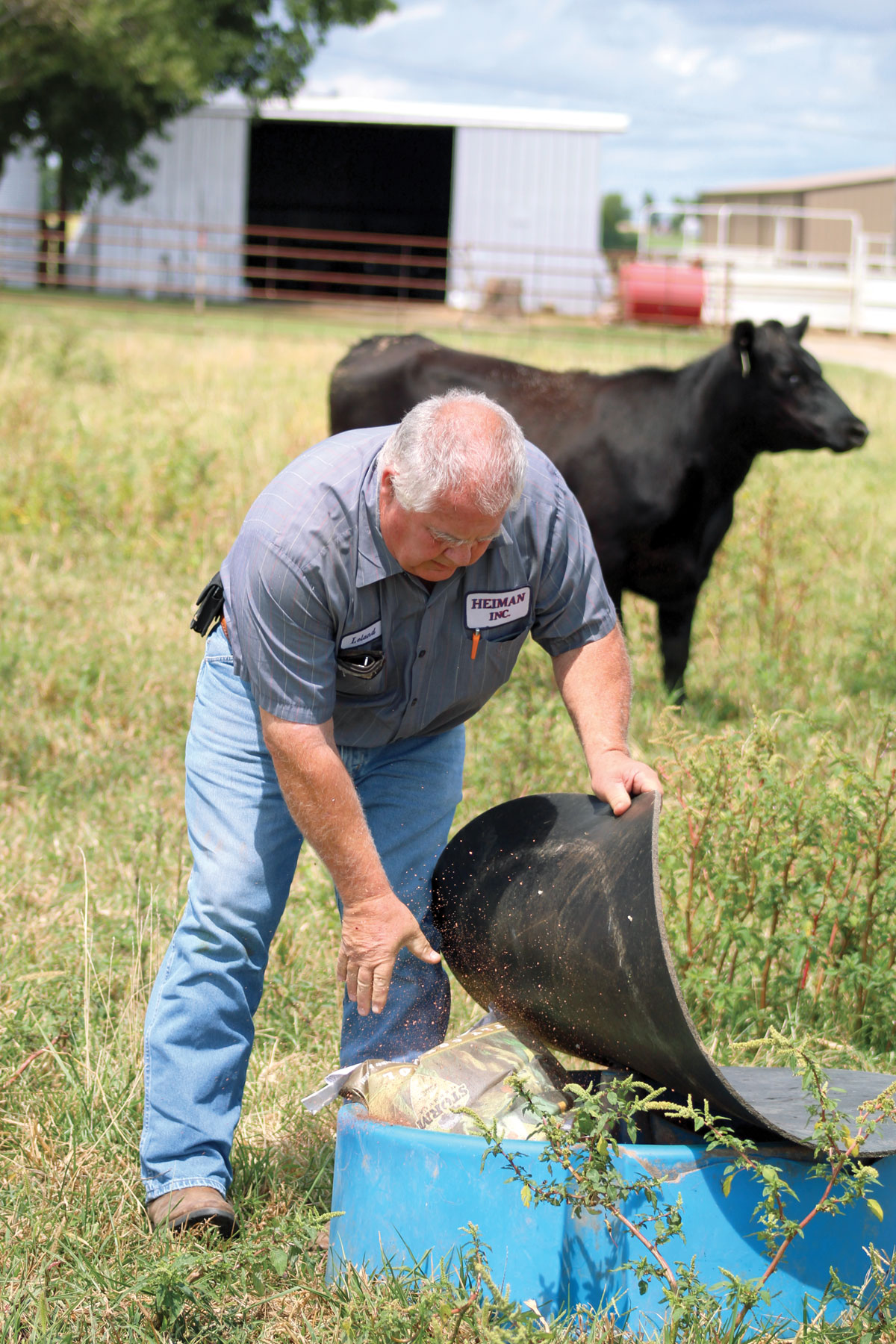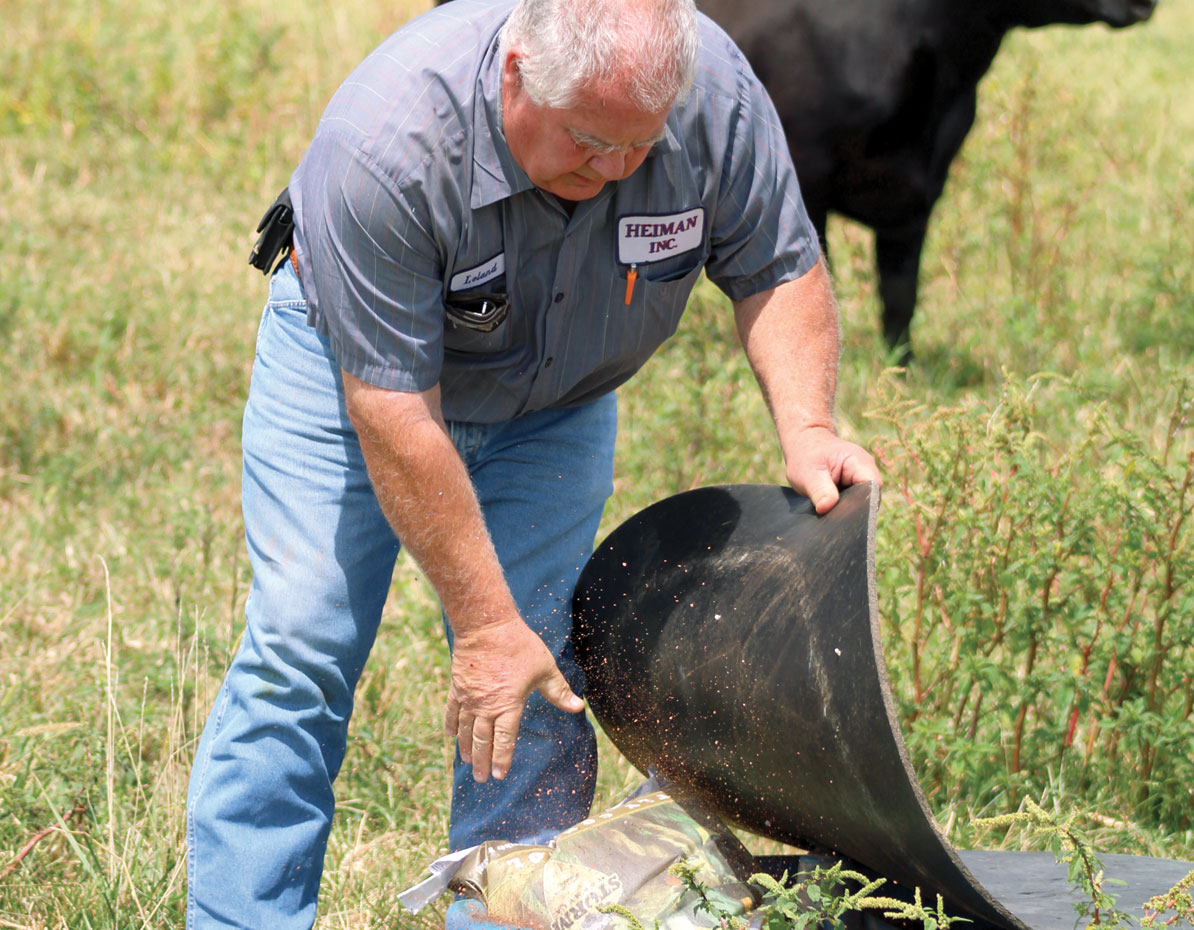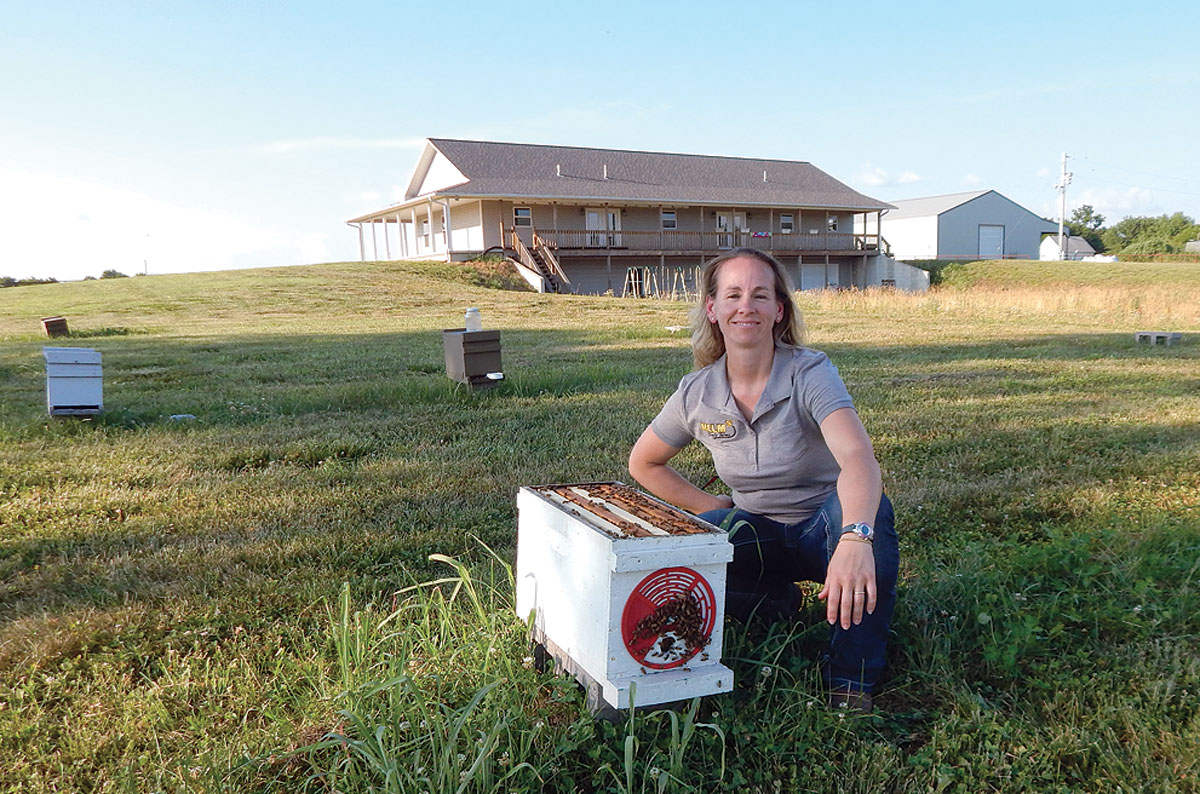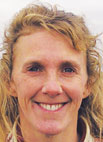 Former teacher Leland Browning is a livestock producer and aids other farmers in livestock nutrition
Former teacher Leland Browning is a livestock producer and aids other farmers in livestock nutrition
As a fifth-generation farmer, Leland Browning, would say the “dirt” runs deep in his veins. Being a part-time producer on a farm just a few miles west of Appleton City, Mo., he has been able to live out two of his passions: agriculture and life-long learning.
After high school, Leland was the first in his immediate family to attend college. He attended the University of Missouri where he majored in ag economics and animal science. From there, Leland worked as a ranch hand in northern Missouri and at a seed company before returning to school to earn his master’s degree in agricultural education.
“Some people that I was working with at that time said, ‘All you’re doing is teaching people. Why don’t you try teaching?’” Leland said. “So I went back and got my master’s in ag education and taught seven years of vo-ag.”
His career as a teacher shifted gears as he began a farm consulting career with a local fourth-generation grain elevator full-time in September 1984. He explained that even though he’s not in a classroom setting, he’s still learning and teaching others so they can make informed decisions.
“I enjoy helping people do whatever it is they are doing,” Leland said. “I got hired because they needed a farm consultant and all that boils down to is selling feed or answer questions about the feed.”
In addition to consulting, Leland raises 50 Angus cows and 20 Hampshire sheep on his modified rotational grazing operation. When asked what his favorite part of farming part-time was, Leland explained it’s as simple as enjoying being involved in agriculture.
When Leland began raising and showing sheep more than 25 years ago, he said it was the challenge that got him hooked. Now the Hampshire sheep are his favorite animal to show.
“They are probably the toughest to raise,” Leland said. “They are tougher than dairy cattle and they are tougher than hogs to manage, raise and keep alive. I like the challenge.”
The nutrition and feeding aspect is more difficult with sheep than dairy cattle, he further explained. Whereas he has found that the lambing time is more challenging than farrowing in hogs.
While raising sheep has been a learning process at times, Leland said it’s become a hobby he and community he loves.
His family started showing sheep when his daughter was 15 and throughout the years he’s gained a group of friends within the sheep showing “family” who attend the Missouri State Fair every year.
“Out of the last 50 years, I probably missed the state fair twice,” Leland said. “We’ve shown sheep there for the last probably 30 years. It’s a lot of the same families that keep coming back. There’s a family that’s fourth- or fifth-generation that’s showing sheep up there, and it’s like a family reunion. We catch up on who did what and what’s going on from across the state.”
When he’s not farming or consulting, Leland can be found reading various magazines and books to further his agriculture knowledge. The information he learns goes right back into helping others within his community or consulting career.
“If I’m going to help you with your calf, I better know what’s going on with that calf because you ask,” Leland said. “I’ve got to figure out a way to be better about helping you do something better, that’s where that came from.”
As Leland stated, education allows an individual to make more informed decisions about the world around them. Leland explained food security is one of the many aspects that are important not only to the agriculture industry, but to everyone world-wide.
“We’re not hungry in this country,” Leland said. “There are hungry people. We’ve got to do a better job of getting food to the right place and being utilized. We throw away more food in this country than most countries have to eat.”
Finding ways to reach others can be hard at times, Leland elaborated. Despite that, the agriculture educator perseveres in answering questions and advocating for the industry. He said while social media is a great tool to reach a wider audience, his personal approach is to spread knowledge verbally, meeting in person or speaking on the phone with those he’s educating.
“If they don’t want to ask, I’ve got to figure out how to make it interesting for them to ask,” Leland said. “I’ve got to make it sound interesting for (them) to want to understand more.”
When thinking about the future, Leland said he wants to be working within the agriculture industry until the very end. He attributed his life journey and successes back to his love for the agriculture industry as a whole.
“If you enjoy what you’re doing, you’ll be good at it,” he said.







